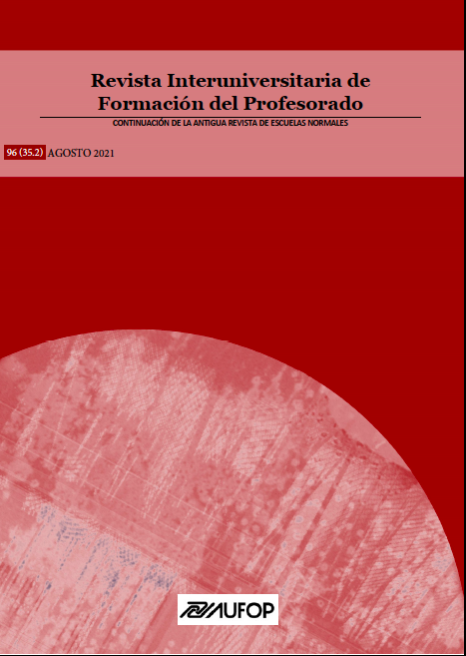Educación física basada en evidencias: ventajas e inconvenientes
DOI:
https://doi.org/10.47553/rifop.v97i35.2.88336Resum
Introducción: En la actualidad, el avance científico permite la evaluación de las diferentes estrategias educativas y/o modelos pedagógicos que se utilizan en educación. Entonces, ¿por qué no se requiere que los métodos educativos estén basados en pruebas o evidencias científicas? Se pretende presentar la Educación Física Basada en la Evidencia (EFBE) y sus ventajas y limitaciones. Metodología: Se ha realizado una revisión bibliográfica para situar los orígenes de la EFBE a partir de la MBE y la generalización a otras áreas de conocimiento. Resultados: La EFBE supone la incorporación del método científico a la práctica educativa de forma estructurada, aportando un marco conceptual moderno e innovador para la resolución de los problemas que aparecen en el aula de Educación Física (EF). Esta práctica consiste en un proceso sistemático de búsqueda, evaluación y uso de los resultados obtenidos en la investigación como uno de los elementos esenciales para la toma de decisiones en contextos escolares. En este trabajo se explica la adaptación de las etapas en la aplicación práctica de la EFBE, así como las diferentes ventajas que supone esta práctica tanto para el profesorado como para el alumnado. Discusión: Se concluye que la EFBE supone una oportunidad para incorporar en la práctica educativa de EF los hallazgos de las investigaciones más actualizadas, con el propósito de tomar las mejores decisiones posibles en combinación con la experiencia docente, la práctica acumulada y a las características particulares del escenario en el que se deben aplicar.
Descàrregues
Publicades
Com citar
Número
Secció
Llicència
The "Revista Interuniversitaria de Formación del Profesorado (RIFOP)", with ISSN print 0213-8646 and ISSN electronic 2530-3791), adheres to the copyright notices proposed by Creative Commons
Authors’ rights
Papers published in the journal are subject to the following terms:
1. The Asociación Universitaria de Formación del Profesorado (AUFOP) is the editor of the RIFOP and holds the copyright of the papers published therein. The reuse of these is allowed under the license for use as indicated under point 2.
© Asociación Universitaria de Formación del Profesorado (AUFOP)
2. The papers are published in electronic version under the license CreativeCommons Reconocimiento-NoComercial-SinObraDerivada 3.0 España (texto legal). Papers can be copied, used, disseminated, transmitted and publicly exhibited provided that: i) the authorship and original publication source are cited (journal, editors and URL of the paper); ii) they are nit used for commercial gain; iii) the existence and specifications of the license for use are mentioned.
3. Auto-archiving conditions. Authors are allowed and encouraged to disseminate electronic pre-print versions (versions prior to peer review) and/or post-print (versions reviwed and accepted for publication) of their papers prior to their publication, since this favors prompt circulation and dissemination and supposes a possible increase in cites and scope within the academic community.
Privacy declaration
The names and email addresses incorporated into this journal will be used solely for the declared purposes of the journal and will not be available for any other purposes or to third parties.






